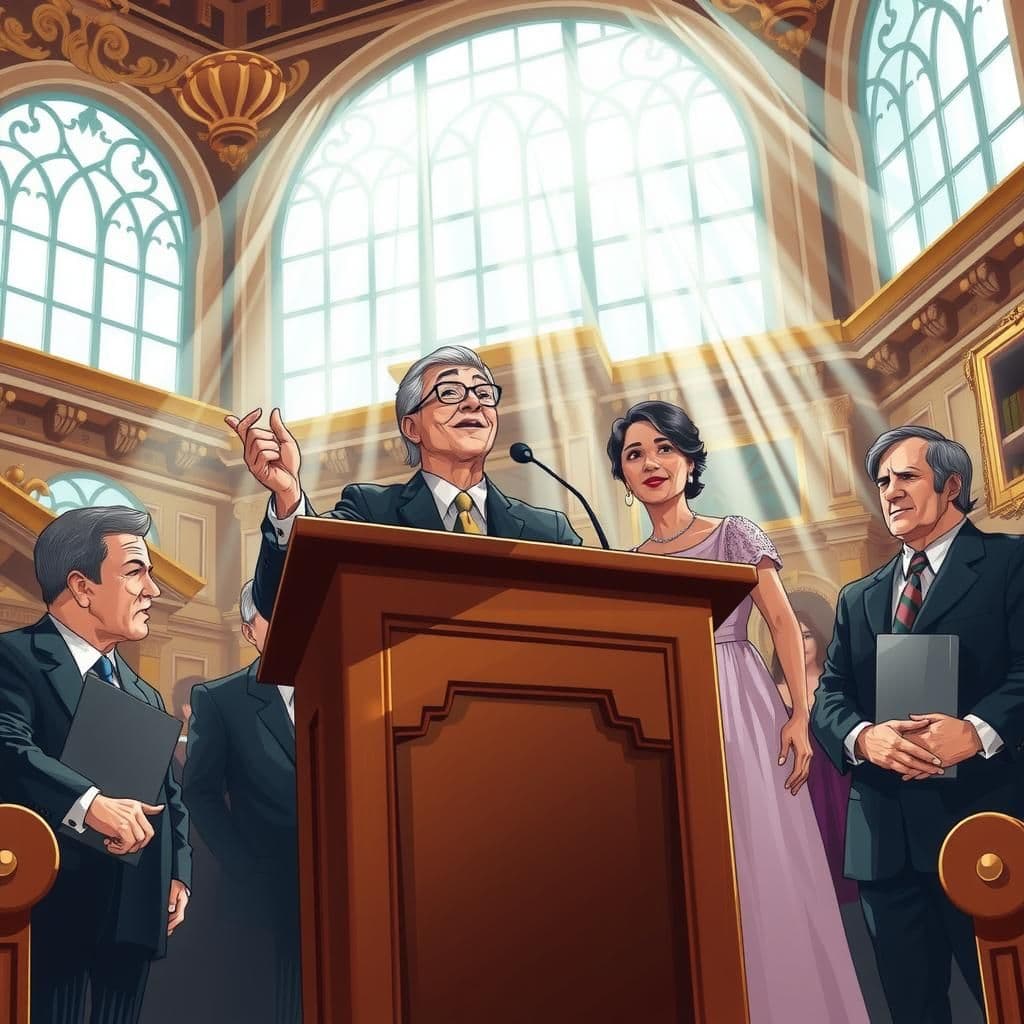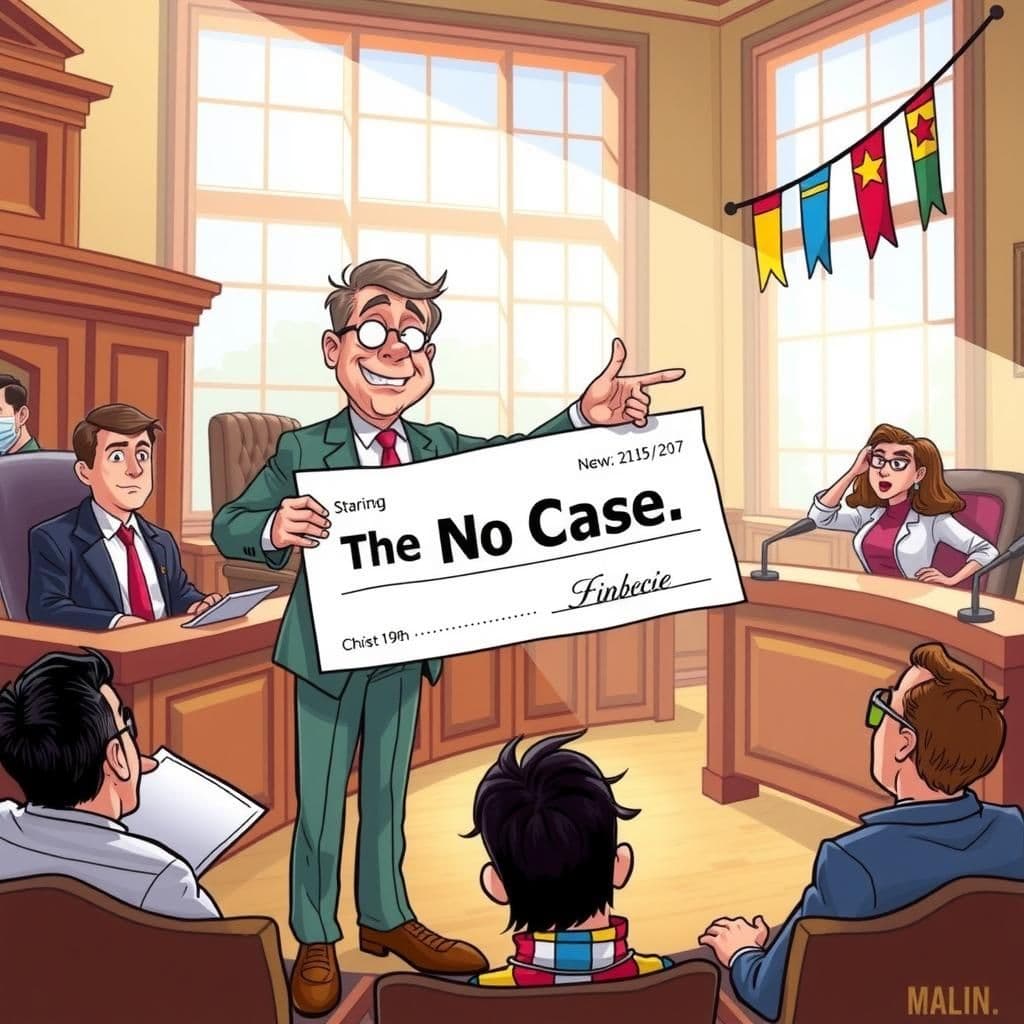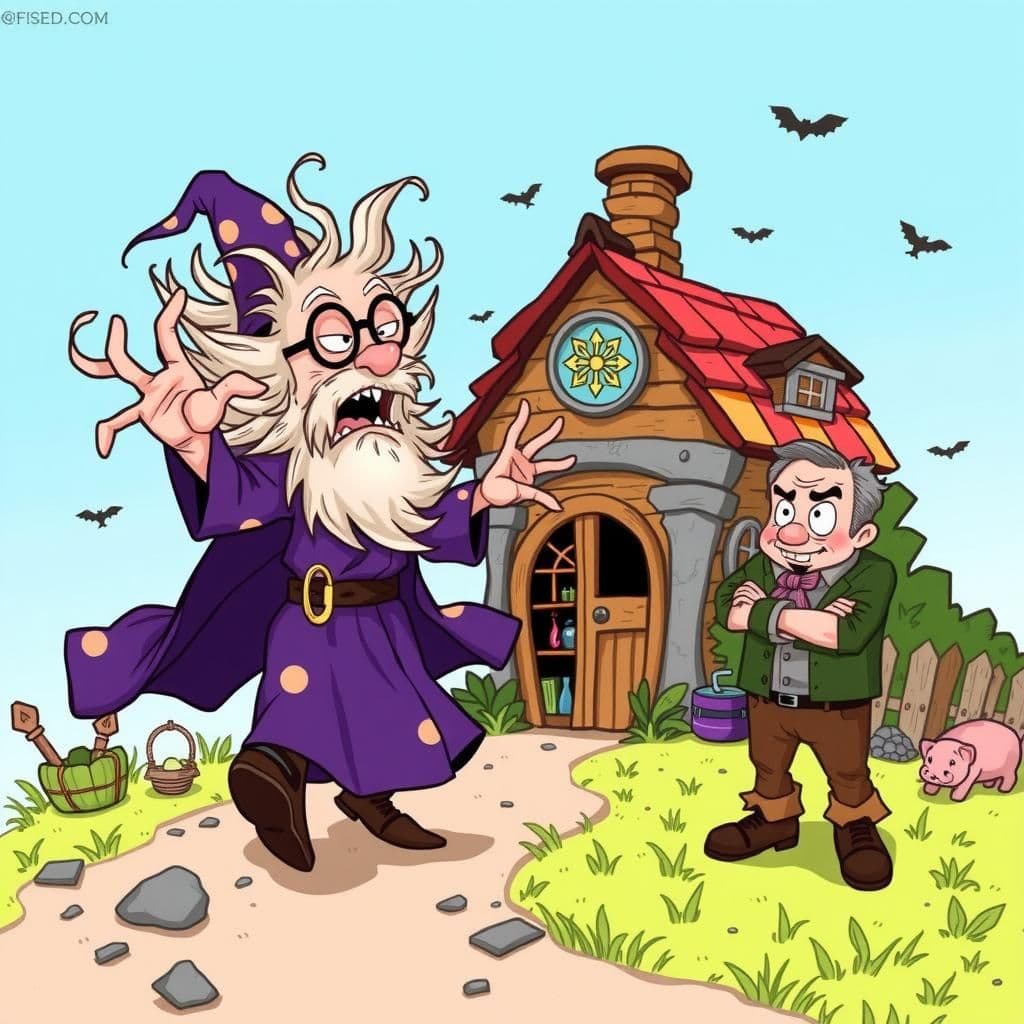Two Footpads

Story Summary
In the simple short story "Two Footpads," two criminals share their misadventures while boasting about their robberies at a roadside resort. The First Footpad proudly claims to have robbed the Chief of Police, while the Second Footpad reveals a twist in his tale, admitting that he lost some of his own stolen loot when he attempted to rob the United States District Attorney. This quick read serves as a moral lesson about the unforeseen consequences of crime, reminding readers of the folly in boasting about such exploits.
Click to reveal the moral of the story
The story illustrates that even in wrongdoing, one's ambitions and outcomes can vary greatly, often with unexpected consequences.
Historical Context
This story reflects the tradition of humorous anecdotes found in early 20th-century American literature, particularly in the context of the rise of urban crime and the colorful characters that emerged during that time. Its style echoes the works of writers like O. Henry, known for their witty narratives and twist endings, often highlighting the absurdity of social situations and the cunning of rogues. The interplay between the footpads—common thieves—and their exaggerated exploits showcases a cultural fascination with the underbelly of society, as well as a comedic critique of authority figures.
Our Editors Opinion
This story highlights the pitfalls of overestimating one's prowess and the consequences of engaging in deceitful behavior, which mirrors modern-day scenarios where individuals may boast about their exploits without considering the risks or the reality of their situations. For example, in a corporate setting, an employee might exaggerate their achievements to impress peers, only to be exposed later for inflating their contributions, ultimately damaging their credibility and career prospects.
You May Also Like

A Protagonist of Silver
In "A Protagonist of Silver," a Member of a governmental body delivers a heartwarming moral speech to fellow financiers, framing their vested interests in silver mining as a noble cause against the government's recent decision to undermine the metal. This grand rhetoric inspires a rare moment of solidarity, prompting the Members to leave the hall, marking a significant action reminiscent of simple moral stories that highlight the importance of unity and purpose.

The No Case
In "The No Case," a statesman humorously challenges the charges against him after being indicted by a Grand Jury, requesting dismissal due to a lack of evidence. He presents a check as proof of this absence, which the District Attorney finds so compelling that he claims it could exonerate anyone, showcasing the wit often found in entertaining moral stories and short tales with moral lessons. This life-changing story highlights the absurdity of justice and the clever use of humor to navigate serious situations.

The Prophet
In "The Prophet," a wizard known for telling fortunes faces a moment of irony when he learns his house is being robbed, despite his ability to foresee the futures of others. As he rushes to save his belongings, a mocking neighbor questions why he couldn't predict his own misfortune, highlighting a powerful lesson about the limitations of foresight. This simple short story with moral serves as a reminder of the importance of personal awareness and growth, making it one of the best moral stories for students.
Other names for this story
"Highway Heist, Grog and Grit, The Footpad Chronicles, Rogue Revelries, Mischief Makers, The Great Escape, Lawless Laughter, Bravado at the Bar"
Did You Know?
This story cleverly highlights the absurdity of crime and the ironic twists of fate, illustrating how even the most audacious criminals can find themselves outmatched by their own ambitions or miscalculations. The humorous exchange between the two footpads underscores the theme of competition and the unexpected consequences of their actions.
Subscribe to Daily Stories
Get a new moral story in your inbox every day.